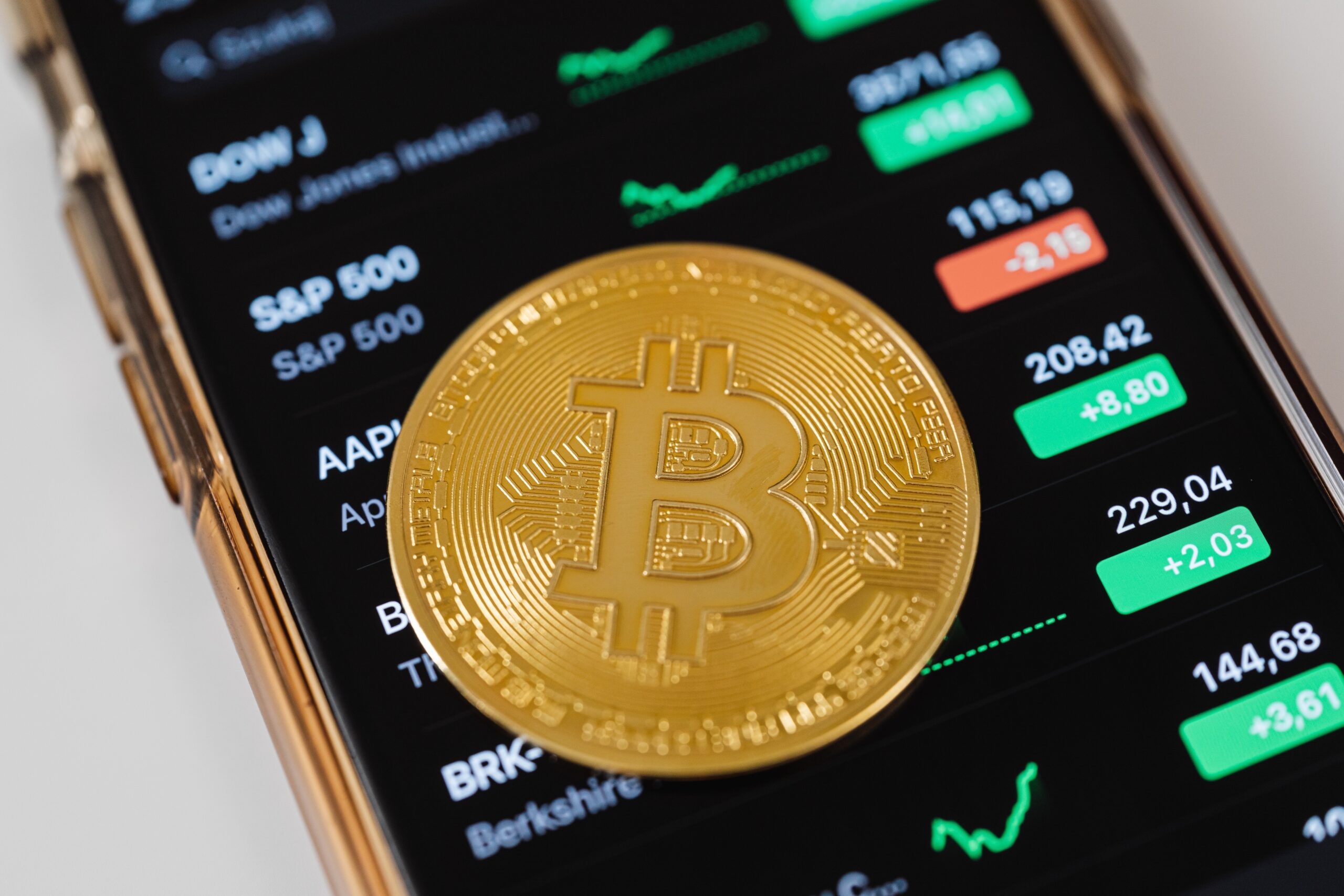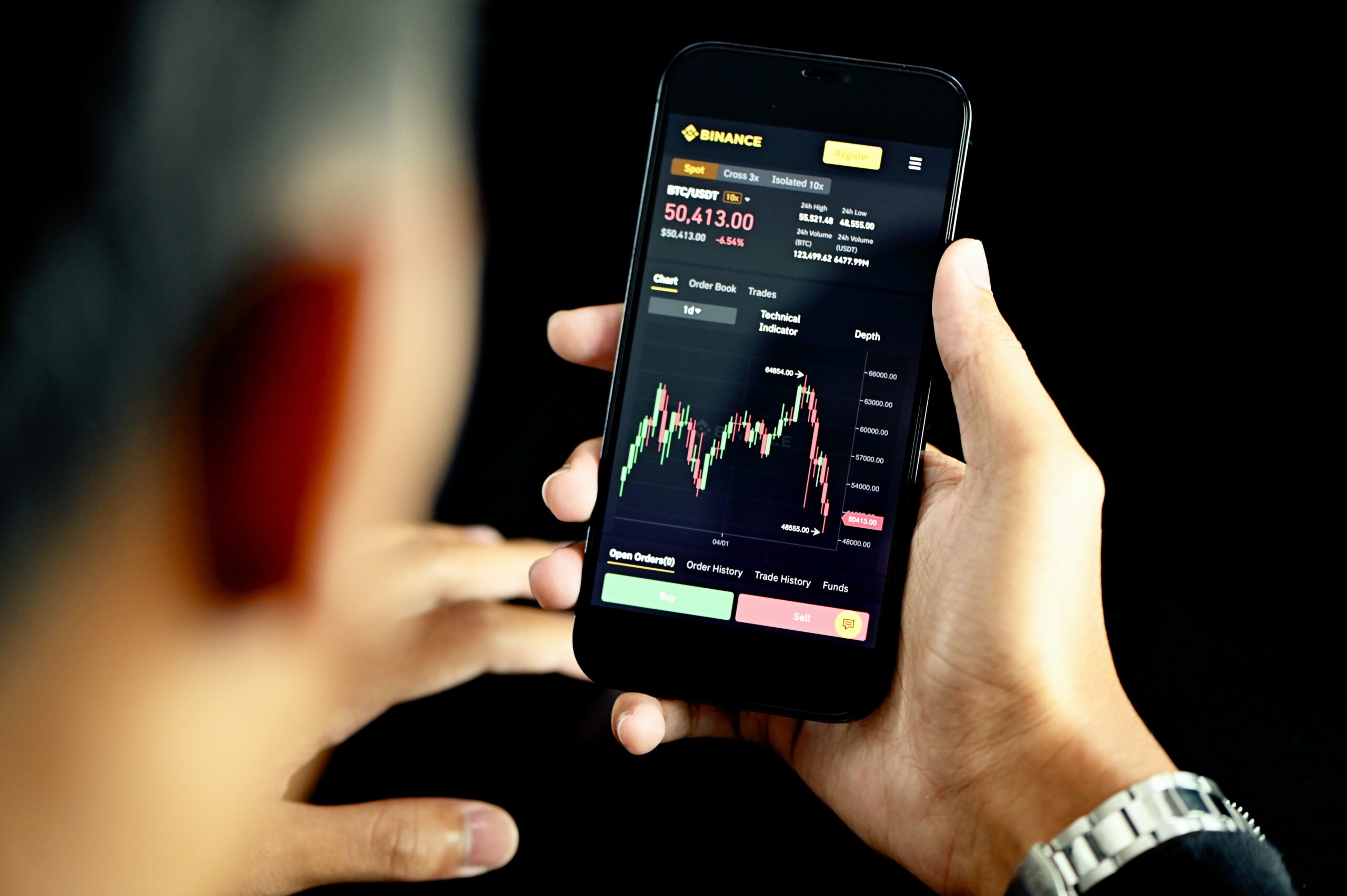Commodities trading is a fundamental aspect of the global marketplace, often serving as the lifeblood of the economic engine. At its core, it involves the buying and selling of raw materials—ranging from precious metals like gold and silver to vital agricultural products such as wheat and corn. This article aims to provide an overview of what commodities trading is and how it works.
Source: Unsplash+
Table of Contents
- 1 What are Commodities?
- 2 How Commodities Trading Works
- 3 Supply and Demand
- 4 Oil Trading
- 5 Futures Contracts
- 6 Options Contracts
- 7 Commodity Index Investing
- 8 Physical Commodities Trading
- 9 Factors Affecting Commodities Prices
- 10 Risks and Rewards of Commodities Trading
- 11 What the Future Holds for Commodity Index Investing
- 12 Conclusion
What are Commodities?
Commodities are natural resources or agricultural products that can be bought and sold in the marketplace. These goods serve as the raw materials for various industries, such as energy, manufacturing, and agriculture. Examples of commodities include crude oil, natural gas, gold, silver, corn, wheat, soybeans, and livestock.
How Commodities Trading Works
Commodities trading is a complex process that involves multiple parties and steps. Here’s a general overview of how it works:
Supply and Demand
The prices of commodities are largely influenced by the laws of supply and demand. For example, if there is an abundant supply of wheat but low demand, the price of wheat will likely decrease. Conversely, if there is a limited supply of crude oil but high demand, the price of oil will likely increase.
Oil Trading
One of the most well-known commodities is crude oil, which is traded on major exchanges such as the New York Mercantile Exchange (NYMEX) and Intercontinental Exchange (ICE). Oil trading involves speculating on the future price of oil, as well as buying and selling contracts for the delivery of physical barrels of oil.
Futures Contracts
Futures contracts are agreements to buy or sell commodities at a predetermined price at a specific time in the future. They help mitigate risks for both buyers and sellers by providing a predictable price point, regardless of fluctuating market prices. Futures contracts are traded on exchanges, where they can be bought and sold before the delivery date.
Options Contracts
Options contracts are similar to futures contracts but give buyers the option (not obligation) to buy or sell a commodity at a predetermined price within a specific time frame. Options trading provides flexibility for buyers and can also help manage risk in volatile markets.
Commodity Index Investing
Commodity index funds allow investors to invest in a basket of commodities, rather than individual contracts. These funds are often used for portfolio diversification and can offer exposure to different sectors or types of commodities.
Physical Commodities Trading
In addition to trading on exchanges, commodities can also be traded physically through spot transactions or over-the-counter (OTC) contracts. Physical trading involves the actual buying and selling of physical commodities, usually for immediate delivery.
Factors Affecting Commodities Prices
The prices of commodities are affected by various factors such as supply and demand, global economic conditions, political stability, weather patterns, and speculation. For example, a decrease in supply due to natural disasters or an increase in demand from emerging markets can cause prices to rise.
Risks and Rewards of Commodities Trading
Like any investment, trading commodities involves both risks and potential rewards. The main risks include market volatility, supply chain disruptions, and geopolitical events. However, commodities can also offer portfolio diversification and the potential for high returns during times of economic uncertainty. It is important for investors to carefully consider their risk tolerance and do thorough research before entering the commodities market.
What the Future Holds for Commodity Index Investing
As the global economy continues to evolve, so does the market for commodity index investing. With advancements in technology and increasing demand from emerging markets, there are opportunities for growth in this sector.
However, as with any investment strategy, it is important for investors to carefully assess their goals and risk tolerance before making any investment decisions. It is also crucial to stay informed about global economic and political developments that may impact the commodities market.
By staying educated and making well-informed decisions, investors can take advantage of the potential rewards that commodity index investing has to offer. Overall, the future looks bright for this type of investment, but it is important to always approach it with caution and careful consideration.
Conclusion
In conclusion, commodities trading can be a lucrative investment strategy, but it also comes with its own set of risks. It is important for investors to carefully assess their goals and risk tolerance before entering the market.
Additionally, staying informed about global economic and political developments is crucial in making well-informed decisions. With proper research and caution, investors can take advantage of the rewards that commodities trading has to offer while mitigating potential risks.
The post Commodities Trading – What it is & How it Works? appeared first on Top Entrepreneurs Podcast | Enterprise Podcast Network.





Leave a Reply